"I'll tell you a secret. The last act makes a film. Wow them in the end, and you got a hit. You can have flaws, problems, but wow them in the end, and you've got a hit. Find an ending, but don't cheat, and don't you dare bring in a deus ex machina. Your characters must change, and the change must come from them. Do that, and you'll be fine." - Robert McKee's character in Adaptation, written by Charlie Kaufman This week we had a break from pitching and each picked a scene from our film to describe to a partner. We then wrote up out our partner's scene but in a completely different genre. I took a scene from Lauren's romcom treatment and wrote it up as a horror. She took a violent and disturbing scene from my thriller and played it out as a comedy.
It was surprising how easily we could see opposing genre elements fitting into our films. Coming from a comedy background, I've been trying to resist the urge to let gags creep into my thriller, but I now feel more confident that there's a way to make it work. This is an (admittedly fucked up) love story, and I can't imagine falling in love with someone that didn't make me laugh. Another interesting thing that Lauren did was to show the scene from the antagonist's perspective. We follow his silent growing anxiety as his listens at a closed door rather than the protagonist's relatively banal conversation, which is a great idea to increase the tension and round out the character. Yes, I will be stealing this. On Wednesday we did another speedwriting exercise where we were given a scenario - Jo has to get a train home to see his/her dying mother in 5 minutes but he/she has no money - and were asked to throw as many obstacles in the character's way as possible. We thought up personal, physical, environmental and metaphysical challenges for the character and had a lot of fun putting Jo in the shit. This is a great exercise to lift a scene out of a blockage - if you're stuck, chances are that the character doesn't have enough to contend with...
2 Comments
"It made me alive to the fact that the most important thing sometimes is what isn't said - to prepare for moments of revelation that can be read entirely on actors' faces without dialogue." - Robert Towne, Writer of Chinatown The week started with feedback on the first drafts of our treatments. These mentor sessions are approximately:
- 40% "that's glaringly obvious, why the fuck didn't I think if that?" - 35% "you're wrong but that comment's highlighted a problem I need to deal with in the next draft..." - 20% "I'm stealing your idea and not thanking you at the Oscars" - 5% "I thought about putting that in. Why the fuck didn't I put that in? Goddammit." On Wednesday we looked at sex and romance in screenwriting. How do you write a sex scene that's actually sexy? Many sex scenes in classic films are a break from the story, a side note to the character development. But an interesting sex scene (see also: any interesting scene) has to move the characters' story forward. The simplest way to make a sex scene sexy is to add an element of taboo. The most obvious example of this is infidelity but there are countless ways to give a scene a sense of the forbidden, from framing choices to dramatic irony. The most important thing to remember is that just because characters have had a rummage in the sack, it doesn't mean the audience will buy that they're in love. So the lead up and aftermath of the sex scene are as important, if not more, to convincing an audience to invest in a romantic entanglement. “There is no point in having sharp images when you’ve fuzzy ideas.” – Jean-Luc Godard, Director of Breathless This week was pitching boot camp. It was excellent.
Love public speaking? Love selling yourself? Love awkward silences whilst you try to remember what the fuck your were intending to say? Love the idea you thought you knew inside out coming apart in your hands like cheap kitchen roll as you claw hopelessly at the sodden earth, crying uncontrollably and howling obscenities at the cruel gods of script development? OF COURSE YOU DO. So naturally you'll love pitching! Here's a brilliant exercise: 1) Get 3 of your fellow screenwriters into a confined space. 2) Split off into pairs and spend 10 minutes pitching and discussing your feature. 3) Reconvene. Each person then has to pitch their partner's film. The person who is having their idea pitched cannot intervene, correct, or have a tantrum. Things I learned from this brilliant exercise: a) It's much easier to do a good pitch of someone else's idea than your own. They have the distance to distill down the emotional hook, and the lack of abject self-loathing to sell it like it's worth a damn. b) Focus on the emotional hook. This means character, stakes and relationships. Also, encourage verbal collaboration by asking questions that will draw your audience into your story emotionally. c) If you do get the opportunity to pitch your idea to producers, pay a Cambridge-Classics-graduate-cum-stand-up comedian to do it. He knows your story better than you and will be a lot more charming in the pitch. "I was walking around, carrying a gun. I could only sleep with a gun in my mouth. And I was thinking, ‘How long can this go on?'" - Paul Schrader, Writer of TAXI DRIVER This week we had delivery dates for all three pieces of coursework. I love a challenge, and this one was made extra fun by my (possibly hopeful) misreading of the course calendar. We got them in, mostly around 2-5 hours after the midnight deadline, all good and messy and ripe for ripping apart. This might be why my blog post is four days late. But actually, the deadlines are possibly what I need from this course the most. I could very happily sit around pontificating and dicking about on Facebook all year, but having a hard deadline is the best gift of all. Apart from diamonds. Or a Nutri-Ninja. We have done some interesting speed writing/plotting exercises this week. On Monday we watched the first half of Spike Jonze's short, 'How They Get There'. We then had to storyboard what we thought would happen in the rest of the film. I think you'll agree that the results are as brilliant as they are beautiful. In case it isn't immediately apparent, (although I think it definitely is) after the man does a little pirouette and the woman copies him, he seises his opportunity and meets her in the middle of the street. The man puckers up, knowing she will do the same as part of her alluring copy-cat sex game. Suddenly, the girl gets nailed by a huge articulated 'Love's Truck'-branded lorry and dies. The moral of the story is, never have unprotected copy-cat kissy-time. The end.
|
STORYTELLING FOR THE SCREENA blog about The Screen Arts Institute's 'Storytelling for the Screen' course, taught by Stephen May and supported by the BFI. Archives
December 2016
Categories |
|
© 2024 Ruth Sewell. All Rights Reserved.
|
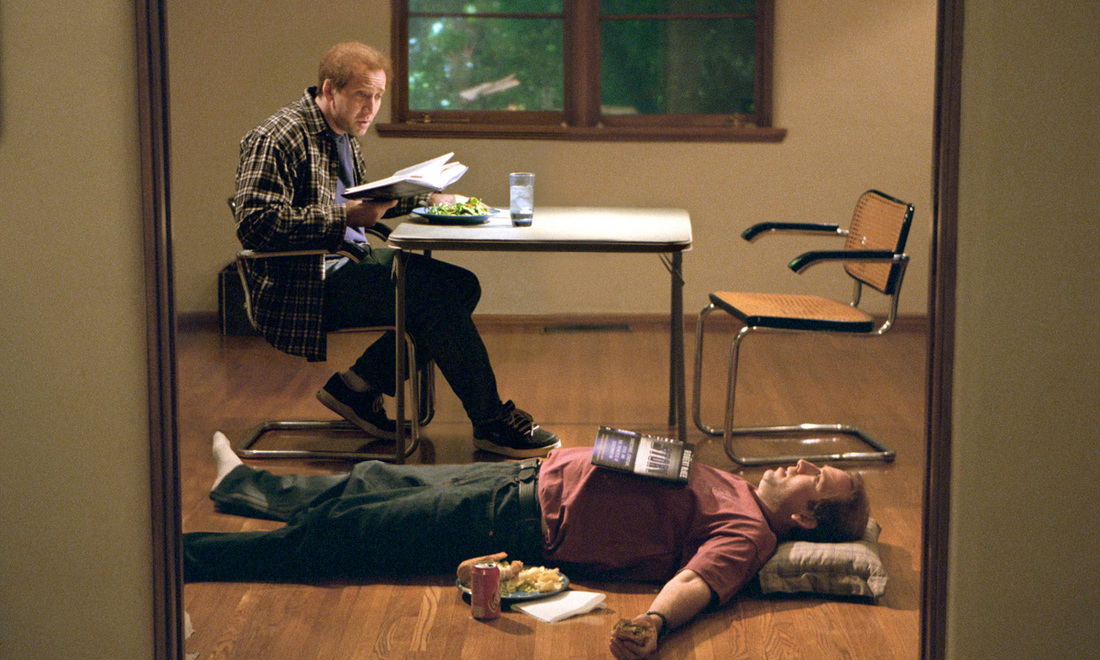
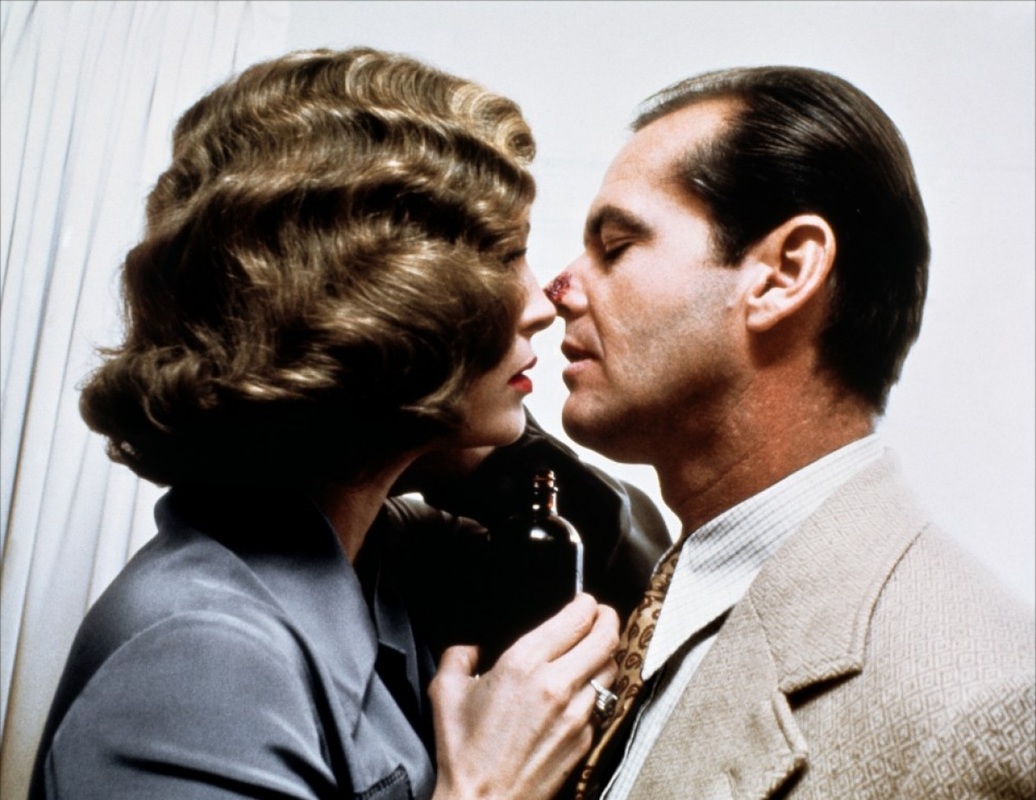
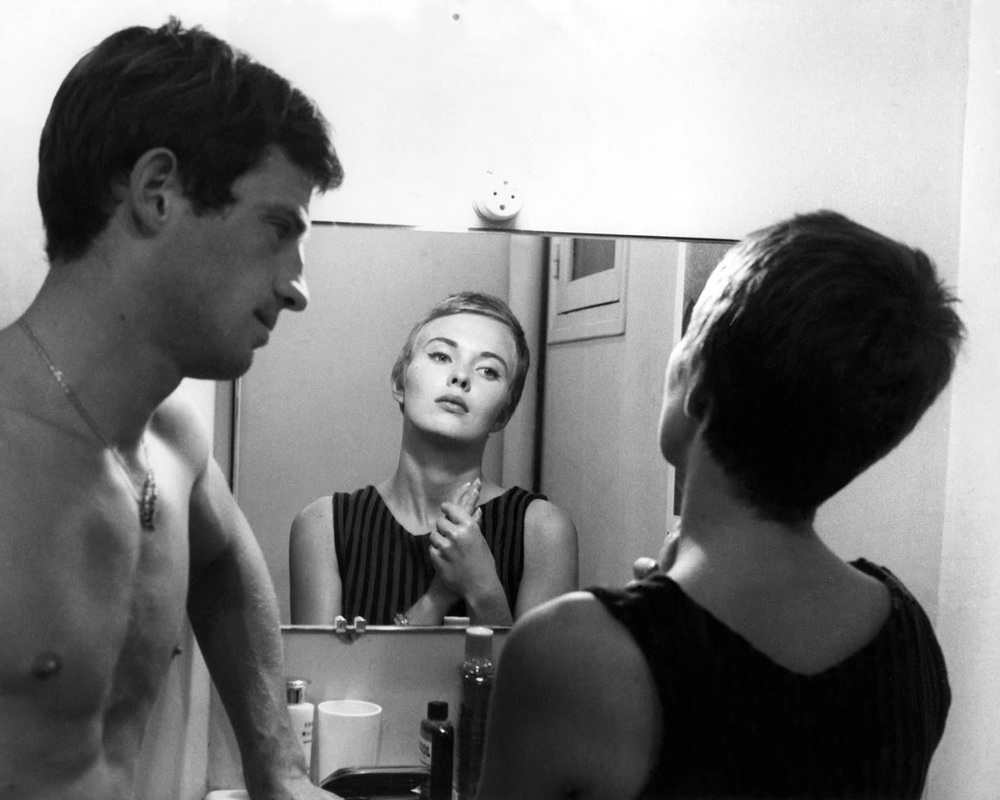
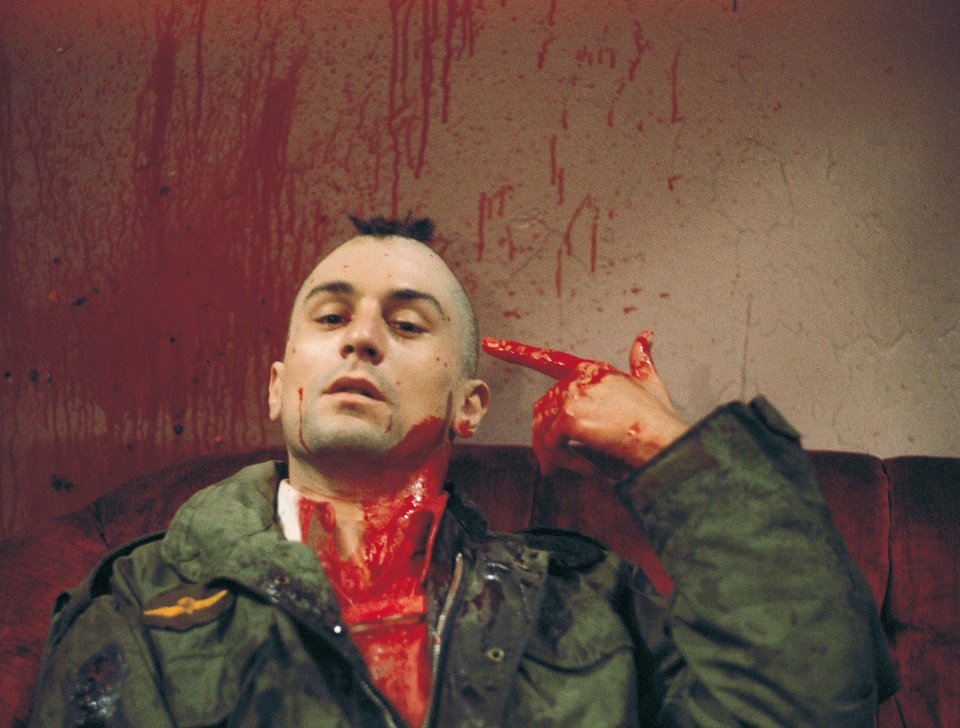
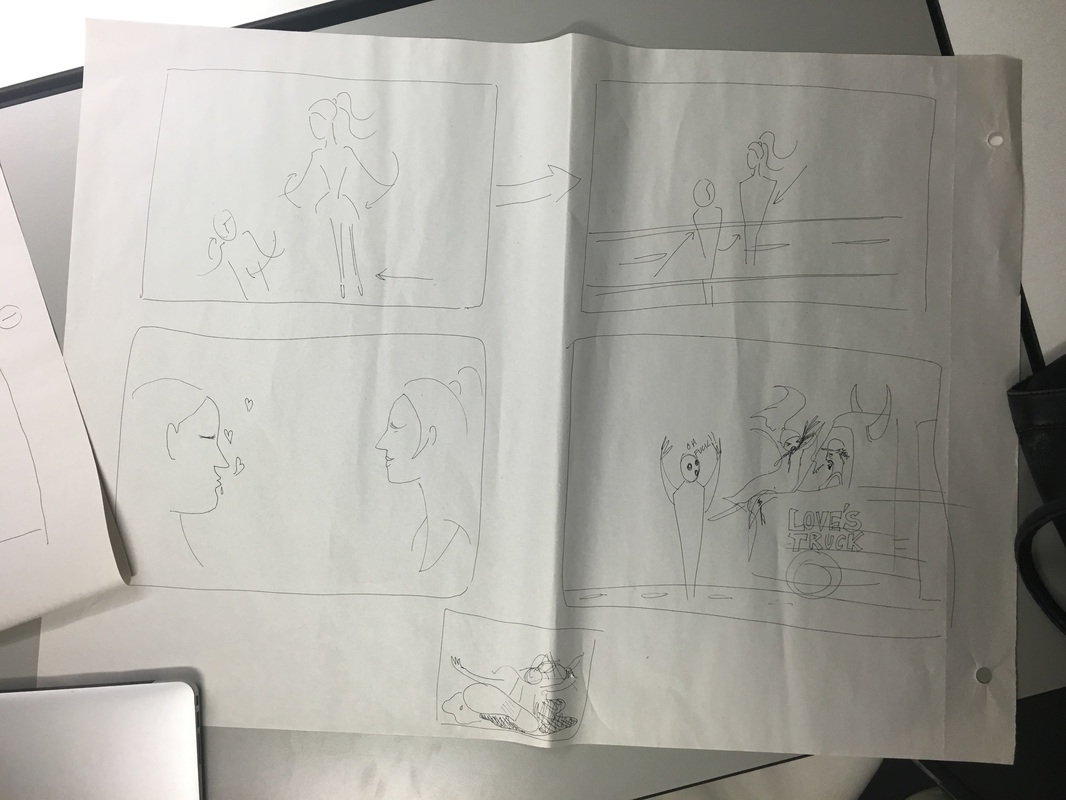
 RSS Feed
RSS Feed